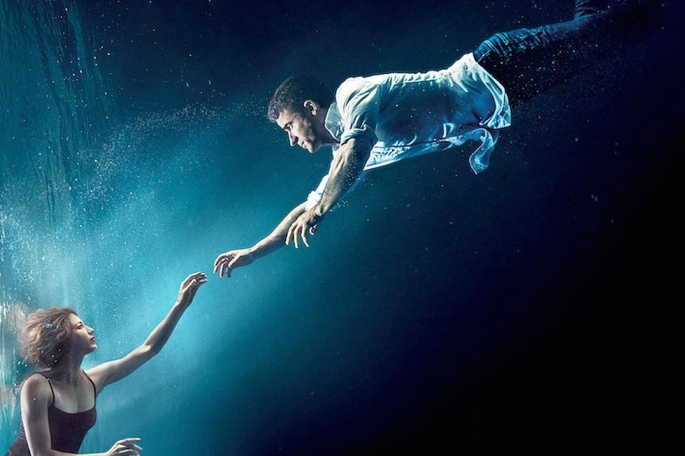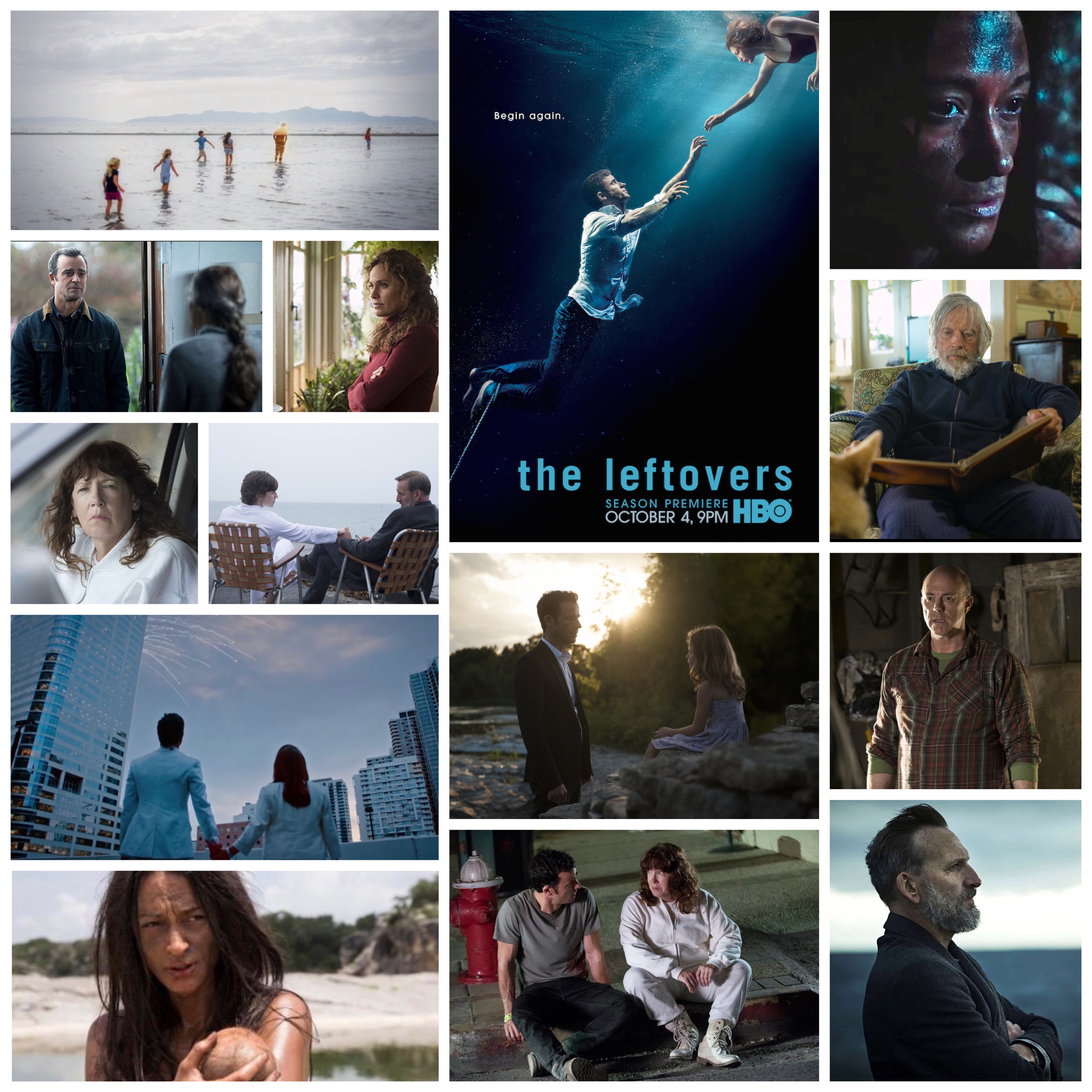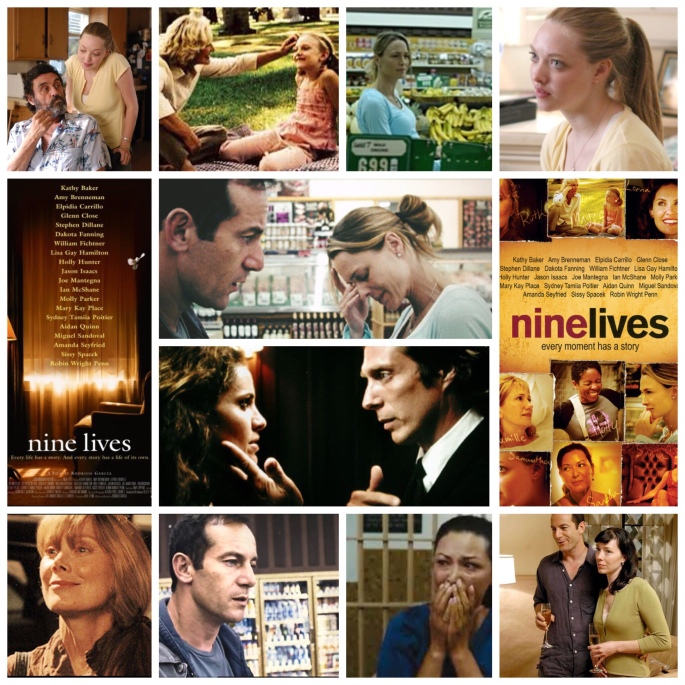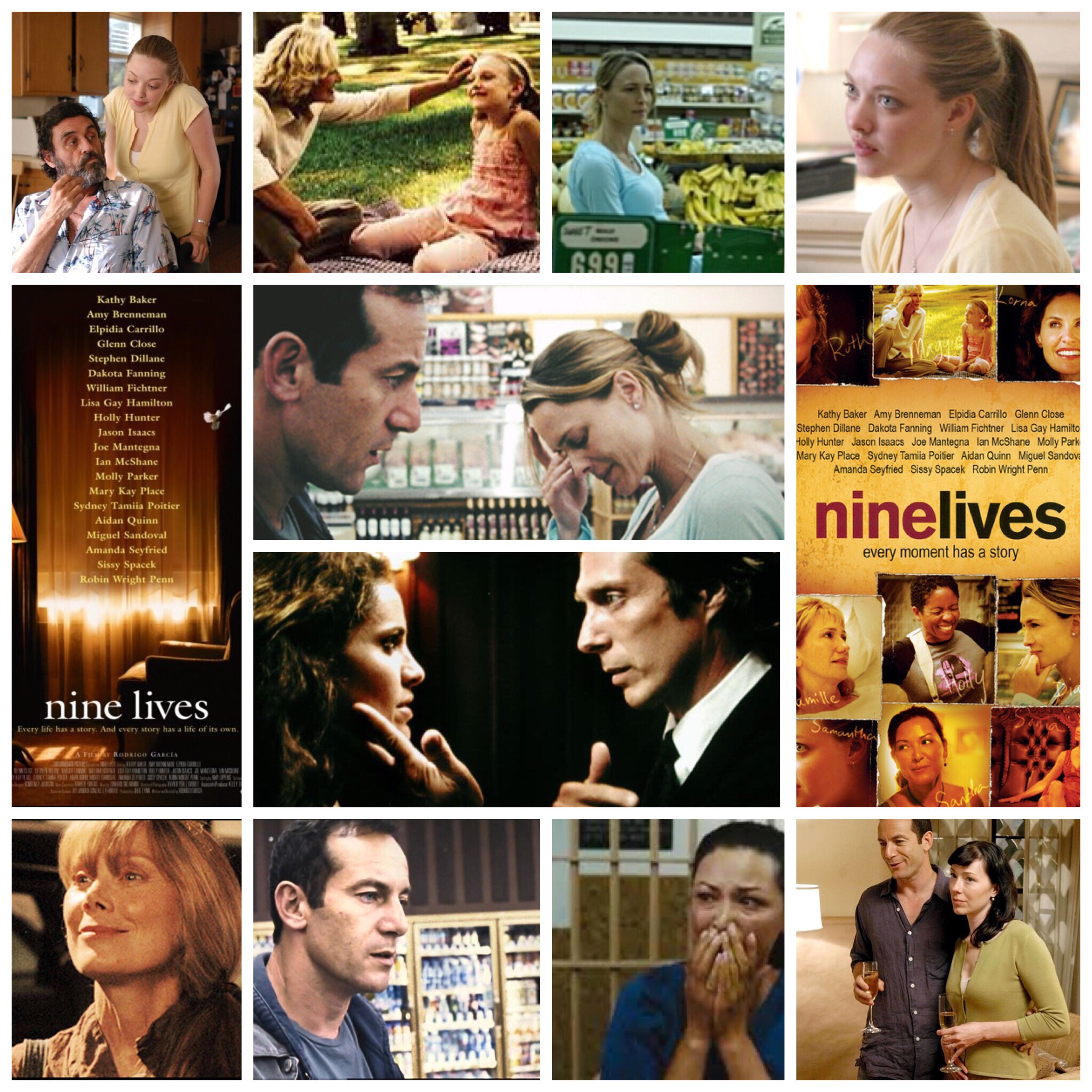
Few films or shows are able to impart just how complex and capable of contradictory behaviour, light and darkness and moral ambiguity human beings are, but Harriet Warner’s Tell Me Your Secrets gets it and is a sensational showstopper, deep psychological imbroglio of disturbing deeds, poetically serendipitous plot turns, emotionally devastating character work, evocative southern gothic atmosphere and petrifying suspense. Originally shot in 2018 for TNT and subsequently abandoned by the network, Amazon has made an intuitively excellent choice in rescuing it from the scrap heap because based on the first season alone, it’s already looking like one for the books. The story, although deeply complex and labyrinthine, is actually fairly easy to get a handle on: Karen Miller (Lily Rabe) was once the girlfriend of vicious serial killer Kit (Xavier Samuel) who murdered nine women with a claw hammer, and kept his crimes secret from her. When it all came out, as it always does, he ends up on death row, she ends up in Witness Protection in Louisiana far from him and things smooth over, save for those loose ends which always seem to find their way back. One of those is grieving mother Mary (Amy Brenneman) whose missing daughter was once spotted in the vicinity of Kit, so she naturally assumes he must have been the one who took her. She is relentless to the point of recklessness and self destruction in this belief, going as far as to hire recently ‘reformed’ serial rapist John Tyler (Hamish Linklater) to dredge up his long dormant predator’s instincts and track Karen down, wherever the program has relocated her in hopes of any usable intel. Got that? Doesn’t matter, the show uses a crisp, well versed and fluid vernacular to tell this tale that has a lot of moving parts, tricky bends in the road and thunderclap revelations, it’s gripping, succinct, uncommonly intelligent work. Lily Rabe is an actress that I immediately connect/mesh with in the sacred viewer/performer symbiosis, I love her work in American Horror Story and since then have been hoping for her to get a truly showcase part.. this is it. She always seems to be one thousand percent actively engaged in the scene, always has the intensity turned up past eleven on the dial but always *owns* that choice and makes it feel earned. Karen is a girl in an impossibly rough life situation, handed cards no one should have to play. Her character arc is a thing of beauty as we slowly see what type of person she is, the choices she’s made and what she’s trying to do to shape her future, and the committed, finely tuned yet organic performance behind that from Lily radiates forth and reflects it all. Brenneman works wonders with a tricky character that you’ll want to hate but she’s been through a ton of trauma too and while it doesn’t excuse her overall course of actions within the moral quagmire of a narrative, I understood why she was the way she was, without judgment or endorsement. Liklater is just about as scary as one can get in a role like this and I’d imagine about as close to the mark in portraying a sicko perv rapist sociopath lunatic as one might get. He’s amiable, soft spoken, charismatic, strikingly remorseful and pleasantly chatty… until the true nature comes out. It’s a diabolical acting creation and I’m not familiar with his work before this but he’s squarely on my sonar now. This is deep, dark, distressing storytelling and at times the story is so disturbing, suspenseful and asks so much mental engagement and empathy from the viewer it can be quite an endeavour to take on, but the rewards to an avid participant and those who hunger for challenging content that lingers in your thoughts and dreams long after are superabundant. The principal leads anchor a three point triangle of psychologically, emotionally harrowing but somehow cathartic and almost Shakespearean level karmic epiphanies, backed up by a brilliant supporting cast, a tangled bayou of secondary narratives and chilling sideshow mysteries embroiled into the gumbo of our main tangent, an impressively eerie score that hovers along almost sub-audibly on the fringes of awareness and overall every aspect of this wonderful, fearsome, engrossing story shines bright out of the dark. Please, please let’s have many more seasons.
-Nate Hill








